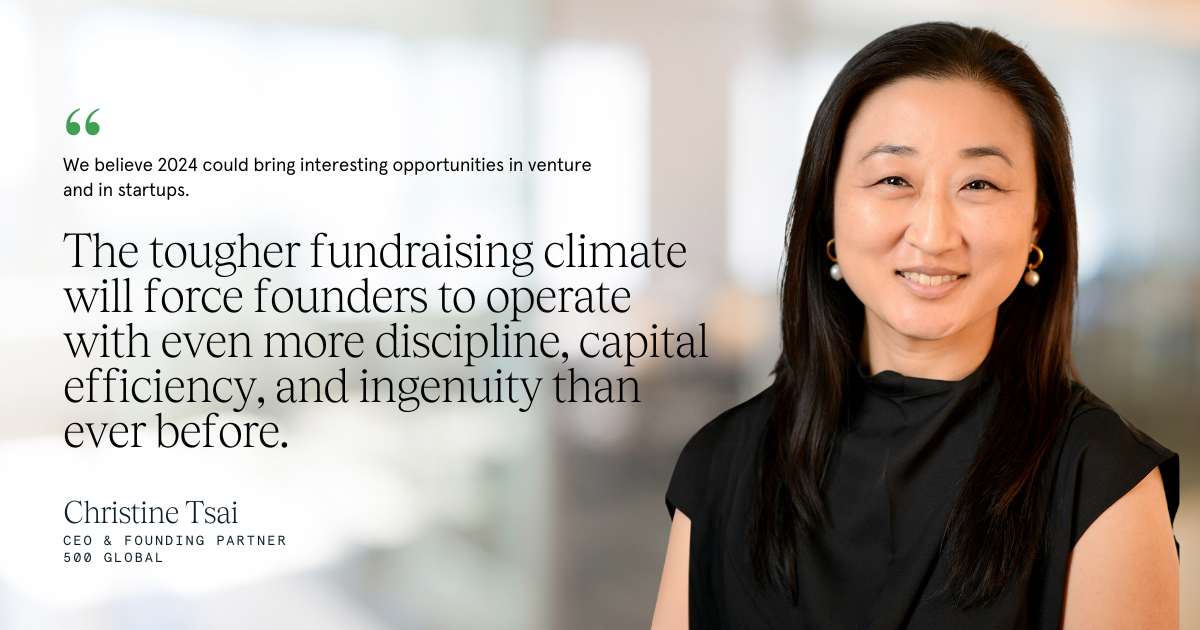
This excerpt from “How VCs Can Approach Fund Administration” originally appeared on Carta’s blog and has been reposted here with the author’s permission. Carta is a software provider of cap table management and valuation solutions. You need proper support structures in place to get your firm off the ground, starting with an approach to how you’ll administer your fund. A fund administrator can help you address the financial and regulatory obligations of your fund. For example, you’ll need to develop a system for providing periodic financial reports and informal touchpoints with your LPs to provide up-to-date information on the performance of the fund.
Fund administration
Funds have specific needs that need dedicated support. How you tackle your fund accounting and administration depends on:
- How active and complex is your fund?
- Are you managing several funds at a time? How are they structured?
- How experienced are you in accounting and finance?
- How much analysis will you be doing on your portfolio?
- How much reporting will you be doing for your LPs?
- If your fund is audited, who will be preparing audited financials?
There is a lot that’s broken in fund admin. A lack of automation and transparency exists in most funds, but this is starting to change. Your options for how to tackle fund administration include:
| Pros | Cons | |
|---|---|---|
| Hire a CFO or have an in-house back office | A person on your team that’s accountable and thinking through the fund’s goals. | It’s another person (or people) to hire, manage, and pay. The team is static, so there will be more work when it’s audit season. |
| Go with a fund admin service provider | Cost of service is lower compared to a direct-hire like a CFO, and cost can be passed on as a line-item to LPs. You have an expert team or platform that will help you get information for reports and analysis, whenever you want. Fund admins will help you optimize your tax responsibilities and when to take carry (and how much). | External partners might not know your firm as well if you had an internal team, however, this is not true with service providers that partner with you more closely, like Carta. You can also hire a fund admin provider in addition to hiring a financial leader. |
| Do it yourself | This by far the cheapest route for partners to go. | Yet it’s also the one that will take the most time and effort, especially if you want to do regular analysis and reporting. |
Keep in mind, some firms have a small in-house team and use a fund admin provider to get the best of both worlds. Outsourcing fund administration not only frees up your time to focus on investment work but also helps ensure your overall risk profile is minimized. When choosing a fund administrator, you’ll want to weigh your needs and their reputation. If you decide to go with a fund admin provider, you have to know how to pick them:
- Look beyond traditional service. Great service from a team you can trust is incredibly important, but it’s not enough. Lots of providers have great fund admins.
- Look for software that will give you an edge. If your service provider has software to support it (like Carta), you can get metrics like IRR in real-time. Requests for data from a traditional fund admin can take time to turn around, but a technology-enabled solution can help you get information quickly so you can do your job faster. You’ll also want to see how frequently their products are updated.
- Ask about responsiveness. If you have additional questions about anything related to your fund, you’re going to want to know how long it takes a provider to respond.
- Ask how they help when you’re audited. Audits for funds are pretty common and must be planned for proactively. A smart provider will be able to guide you through and support you during the auditing process.
- Ask about compliance. There are many regulations surrounding investment financing, such as KYC/AML compliance, which currently has no set standard in the industry. Yet you still need to be aware of the law and how it applies to your fund. Some providers, like Carta, have a system in place to address KYC/AML compliance.
- Ask how you’ll work together. Sometimes a fund admin provider might also be a good resource for chatting through other line items on your budget, like your office rent, your payroll, etc. While these are typical issues you’d expect a fund administrator to consult on, it’s good to know if you can bring up these topics and how they’ll respond. Ideally, you want a provider that can be helpful and point you in the right direction.



